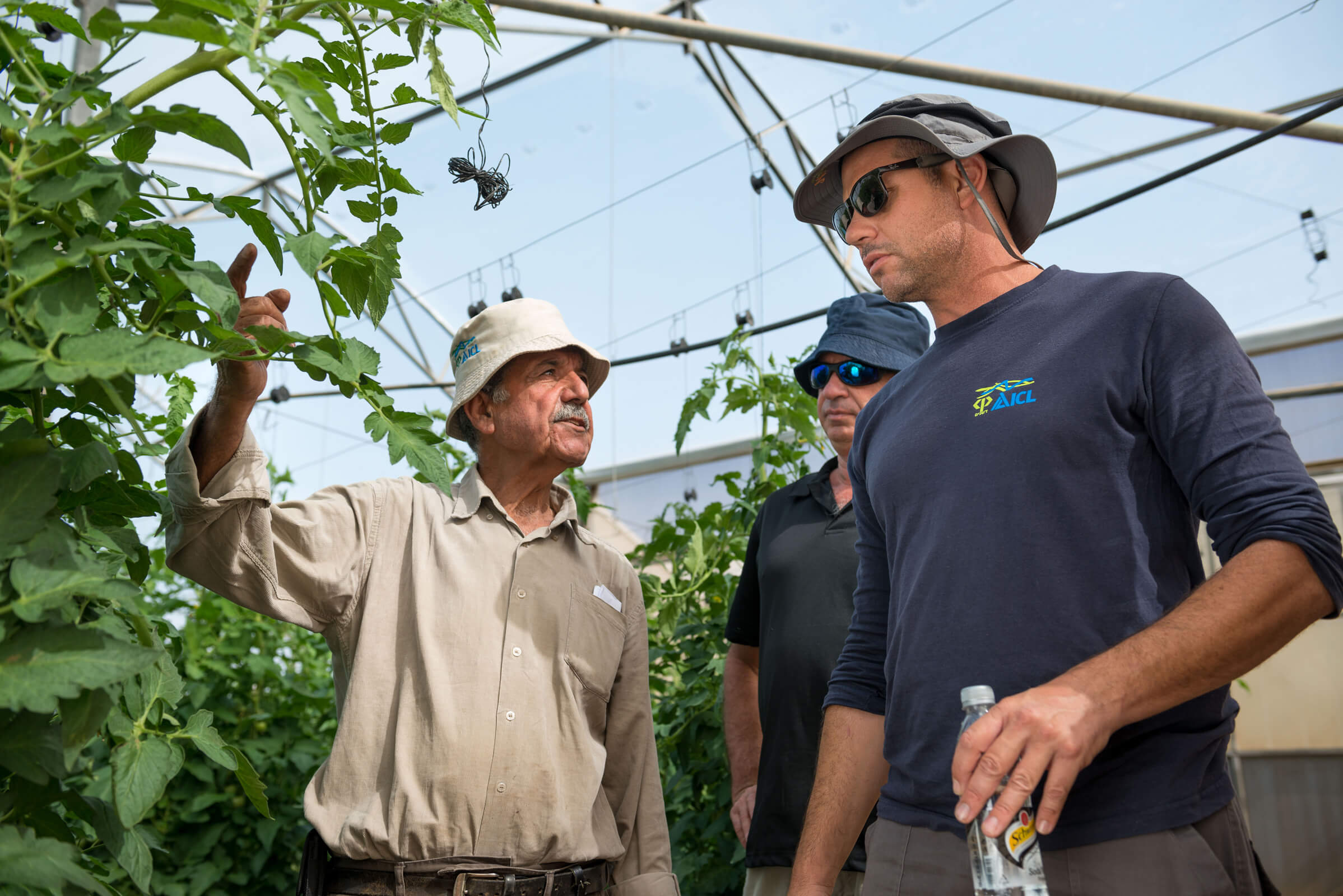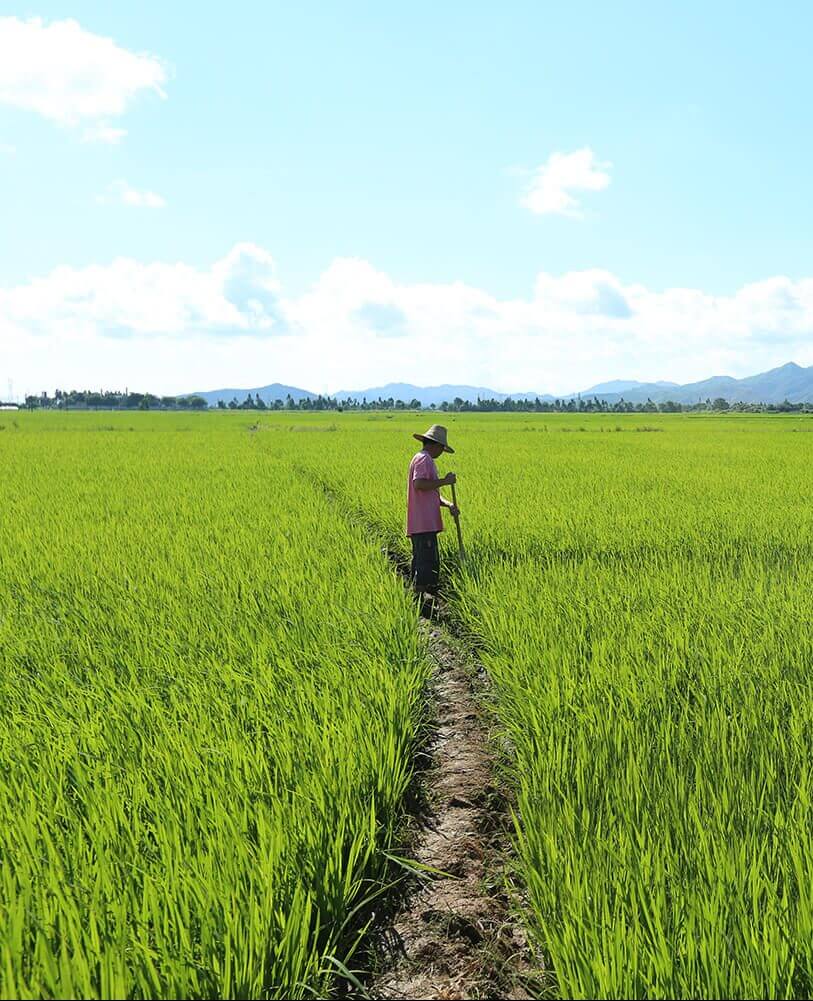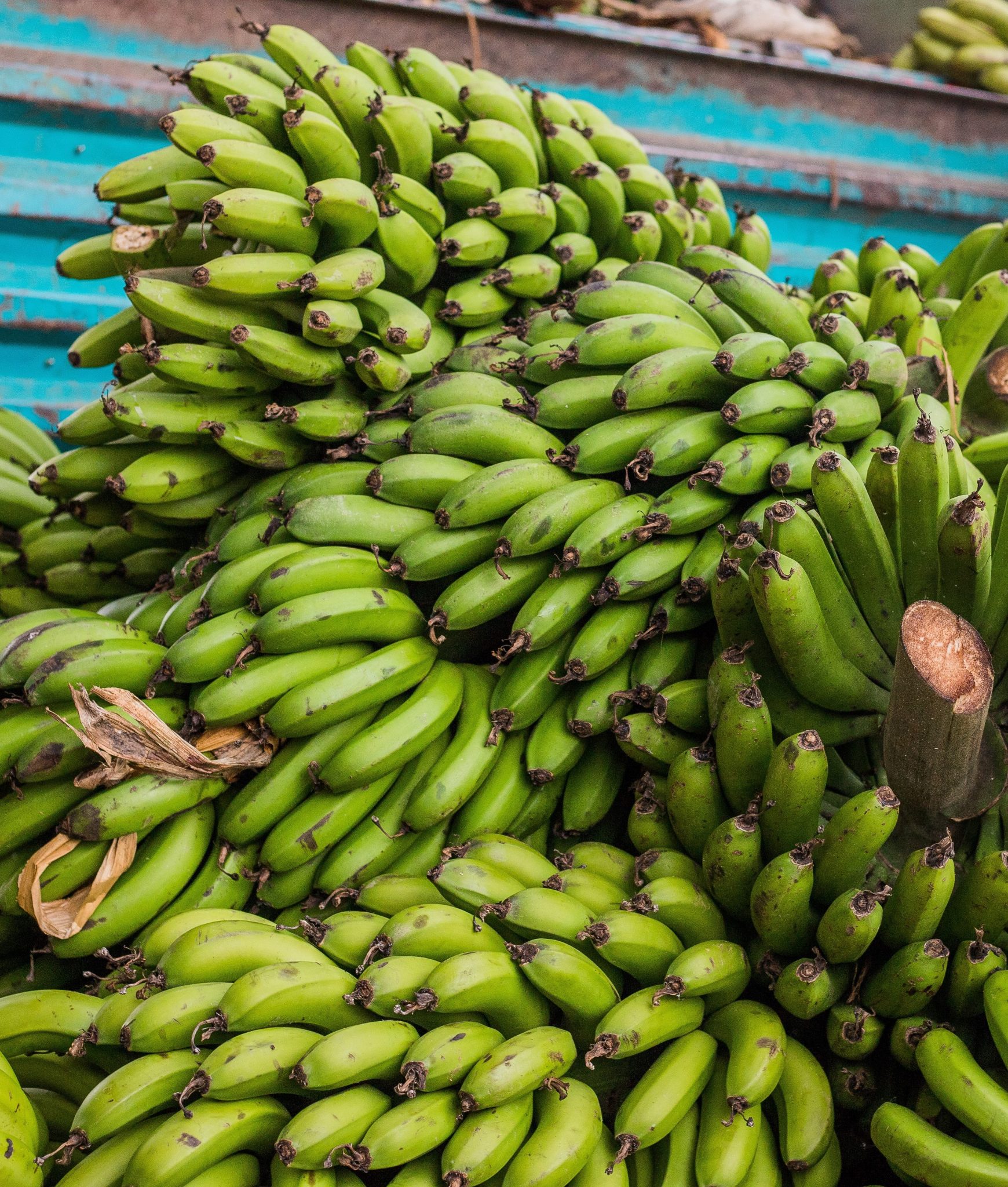Advanced Fertilization

As the global population continues to rise, farmers worldwide are confronted by the constant need to increase yields, to face climate change and other environmental hardships, and to adapt to regulatory changes. Land degradation on one hand and new regulations (such as the EU Nitrate Directive and China’s policy of Zero Nutrient Use Growth from 2020) on the other hand, are increasing the challenge of feeding the growing world population. And so the need for efficient farming techniques grows, too.




Mineral fertilizers are responsible for over half of the world’s food production
To facilitate increased crop yields on existing agricultural land, it is important to promote the correct use of fertilizers. ICL does this through engagement, education and sharing information about effective and sustainable fertilization methods.
For this purpose, ICL has instituted a worldwide customer instruction and training program to promote safe and judicious use of fertilizers. ICL agronomists engage and train farmers on effective and balanced fertilization practices. This includes the application of plant nutrients in optimum ratios and in adequate amounts to achieve better yields and better quality, while maintaining soil fertility for future generations and preventing the conversion of nature to agricultural land.






Essential Nutrients
Nitrogen (N), phosphorus (P) and potassium (K), are the three essential nutrients required for plant growth. Although these three nutrients are present in the soil, the continued use of soil for agricultural cultivation depletes the concentration of these fundamental elements. Over time, this can result in a decline in crop yields and create the need to replenish nutrients through the use of fertilizers.
Each of the three nutrients plays a different role in plant development. Without these nutrients, crops cannot achieve their growth potential. Potassium increases the yield and quality of agricultural produce, improves plant resistance to diseases and pests, increases the plant’s tolerance to drought and cold, contributes to the development of a strong and healthy root system, and improves the durability of agricultural produce in storage and transportation. Potassium increases the efficiency of use of nitrogen and other nutrients. Therefore, the use of potassium results in better utilization of nitrogen fertilizer and prevents it from leaching to groundwater or volatilizing.
There are currently no artificial substitutes for phosphorus and potassium. These are the nutrients that are the basis of ICL’s supply chain and that are mined in ICL mines worldwide.
Water Conservation & Soil Conditioning Products
On top of the minerals mentioned, ICL has a variety of products to best suit its clients. ICL Speciality Fertilizers have micronutrients and products such as Polysulphate that has S, Mg and Ca.





